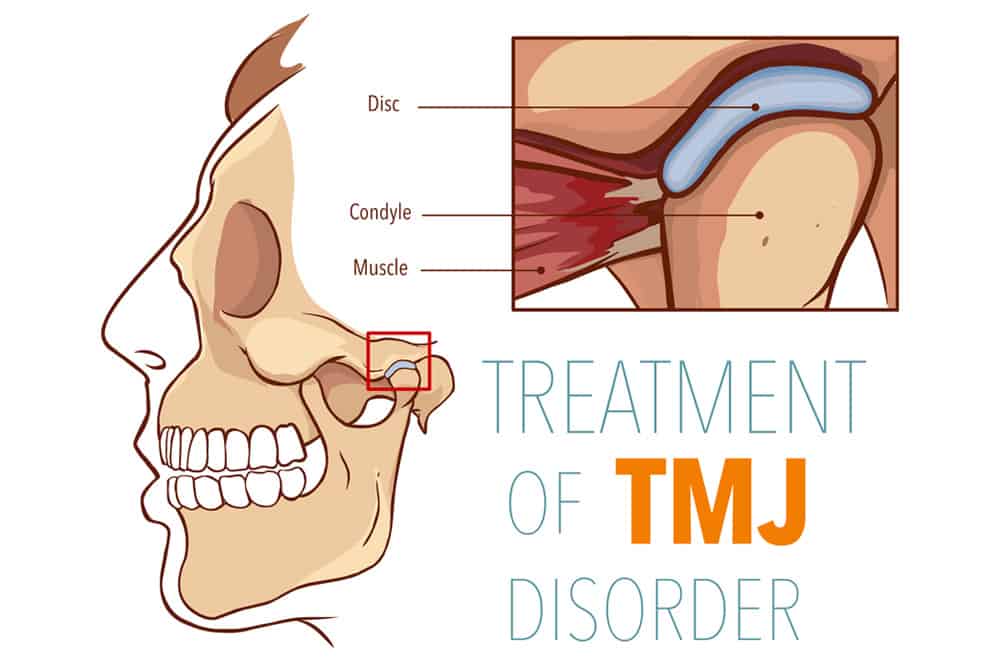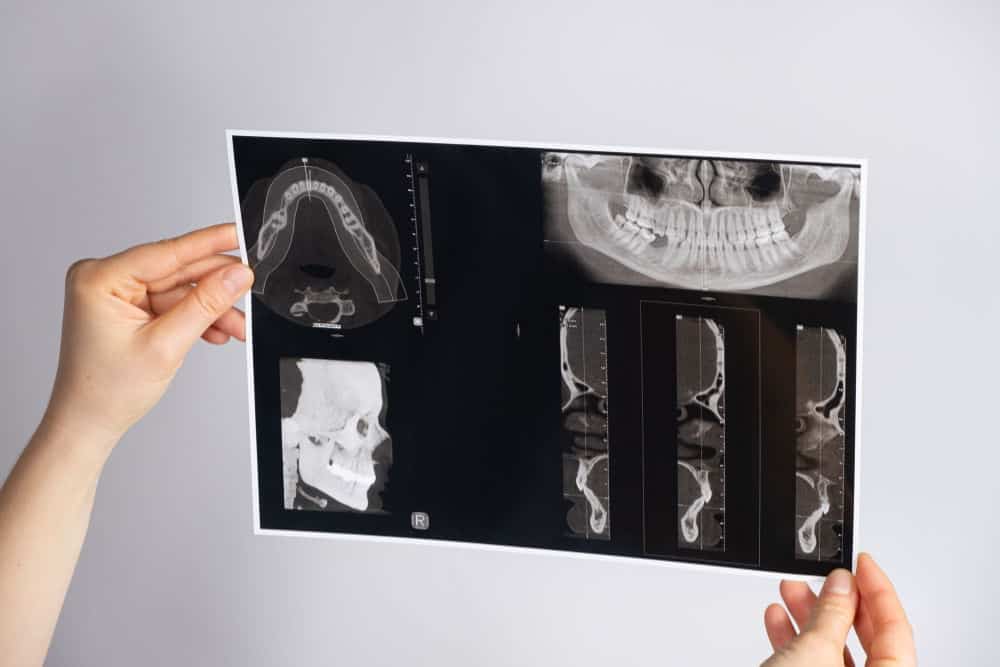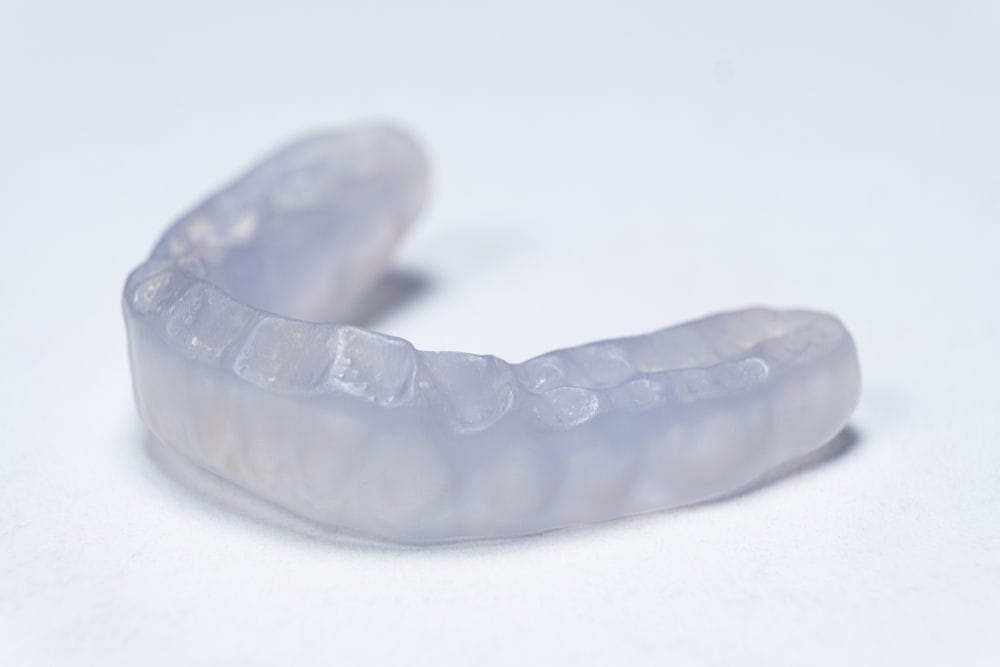TMJ Specialist Chicago
Pain free use of your mouth and jaw are essential to living a joyful life. If you can’t speak because your jaw hurts, you can’t connect with others. If you can’t eat without pain, physically sustaining yourself becomes a chore rather than a source of comfort or pleasure.
If you’re experiencing jaw pain, facial numbness, popping, migraines, or ringing in the ears, you may be experiencing a temporomandibular joint disorder. Learn more about TMJ at the Mitchell TMJ Institute or call us at (312) 642-1014 to schedule a consultation.









